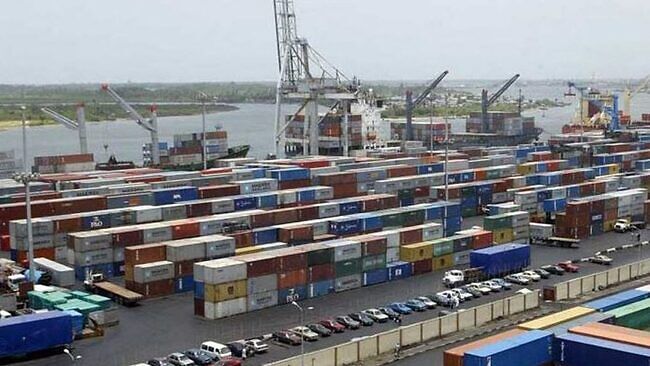PREMIUM TIMES NG
Africa has a once-in-a-lifetime opportunity to boost its development through the massive global demand for its fabulous trove of the minerals the world needs to power a green energy transition.
But will Africa seize the opportunity or let it slip – either by failing to exploit the rare minerals fully, or allowing them to be exploited by others with little benefit for Africa’s people? This was a key theme of the African Mining Indaba 2023 in Cape Town this week.
Africa has significant percentages of most, if not all, the essential minerals and metals needed to manufacture batteries for electric vehicles and other technologies vital for a green energy future. Global demand far outstrips supply, creating a massive potential sellers’ market. The International Energy Agency has predicted that demand for most minerals essential to the clean energy transition will increase by a factor of four to six.
‘For some minerals, the increase will be exponential. By 2040, graphite demand will increase by 25 times, and lithium by 42 times,’ United States (US) Under Secretary of State for Economic Growth, Energy and the Environment Jose Fernandez told the indaba.
He warned African mining nations not to miss out on this potential bonanza. To help them avoid doing so, the US launched the Mineral Security Partnership (MSP) with 11 other developed nations last year. The MSP aims to ensure its miners maintain high standards of environmental and social protection and governance, and invest all along the supply chain so that African countries derive the greatest benefit, Fernandez said.
The MSP would of course give its partners access to the critical minerals. Fernandez acknowledged that the partnership was not ‘altruism.’ So beneficiation or value addition was key to the MSP and central to the indaba’s discussions.
Beneficiation has been the buzzword of the African mining discourse for a long time. Its alluring proposition is that African countries should first add value to their own minerals instead of just exporting raw materials and earning relatively little for it – as they largely do now. They should process and sell the products globally at much higher prices, thereby redressing Africa’s unbalanced trade, creating jobs and boosting growth.
But that has largely remained a dream. Now, the global surge in demand for ‘green’ minerals to achieve global net-zero carbon emissions by 2050 has injected new life into the dream.
The current emblematic event in African mining is the Democratic Republic of the Congo (DRC) and Zambia joint venture to make batteries for electric vehicles in the DRC’s mineral-rich Katanga province. The two countries have significant copper, cobalt and lithium reserves – three key components of these batteries.
The US is backing the project. What that might entail is not yet clear, beyond a US statement that it would help create a level playing field for the private sector in the project. The DRC-Zambia venture will be a litmus test of African mining countries’ ability to seize the net-zero opportunity.
On the face of it, the project is hugely ambitious and raises scepticism about proper beneficiation. The DRC and Zambia have large mineral reserves underground and experience in extraction, but lack expertise in transforming the raw materials into sophisticated products like electric vehicle batteries.



